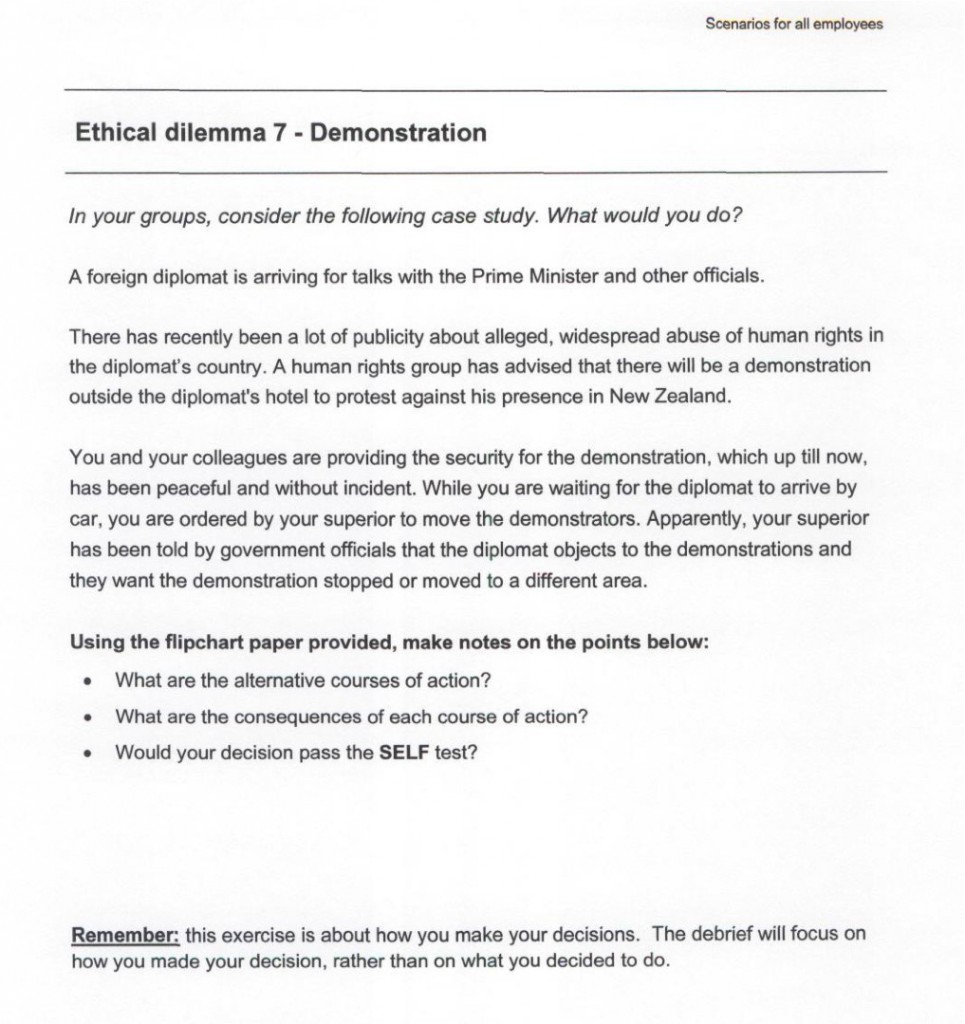Now that the Kitteridge and Neazor reports have been tabled, discussion can more fully proceed to the issue of intelligence oversight. The government has proposed bolstering resources for the Inspector General of Intelligence, and adding a Deputy Inspector General to what until now has been a one man shop. That is a step in the right direction, but it falls very short of the mark when it comes to robust, independent intelligence oversight mechanisms. Here I outline one way of achieving them.
Currently the IG is dependent on the NZSIS and GCSB for resources and cooperation and answers to the Prime Minister. That puts him at the interface between politics and operational matters in a chain of responsibility, which reduces his freedom of action.
The IG’s office should be strengthened in terms of staff and moved to become an agency of parliamentary services. It will answer to the Parliamentary Committee on Security and Intelligence, although its staff and funding source will be independent of the Committee. The Committee will have powers of compulsion under oath that allow it to force intelligence managers to release operational details or classified information to it upon request. It would meet at least once a month and receive scheduled classified briefs from the directors of the SIS and GCSB as well as senior managers in the DPMC handling intelligence flows. At any time the Committee would be able to order the appearance in special session of officials from the Police, Customs, Immigration, Treasury and other agencies that employ intelligence collection and analysis services.
All of this would require that the staff of the committee as well as that of the IG have security clearances akin to those of personnel employed by the agencies being overseen. That will require background checks and security vetting of staff. Members of the Committee would be required to sign secrecy oaths under penalty of law.
The transition from the current ineffectual oversight mechanisms to something more effective will take time and money. It will therefore be resisted not only by the agencies being overseen (who naturally will be discomfited by increased scrutiny from agencies unattached to the Prime Minister). It will also be opposed by political sectors focused on cost-cutting, quick results, or maintaining the current system because of the weight of institutional legacies and/or advantages it gives governments when it comes to the interpretation and implementation of intelligence priorities. But it is certainly worth doing.
The time is opportune for change. The sequels to the Dotcom case have exposed serious problems in the political management of intelligence issues as well as deficiencies in the conduct of intelligence operations. The government has proposed significant changes to the 2003 GCSB Act, particularly section 14, that will have the effect of strengthening the GCSB’s powers of internal (domestic) surveillance at the behest of other agencies–foreign and domestic. The justification for this rests on the increasingly transnationalized nature of security threats, whereby the intersection of local and international crime, foreign corporate and political espionage, irregular warfare networks and non-state actors makes much more difficult precise definition of what constitutes a domestic as opposed to foreign intelligence concern. These are grey area phenomena, and the response cannot be given in black and white.
I agree that the security threat environment has changed and is much more “glocal” or “intermestic.” I agree that it requires statutory revision in order to better account for the changing nature of intelligence operations under such conditions. What I am proposing here is a parallel revamp of oversight mechanisms that promote more independence, transparency, accountability and compliance at a time when the scope of intelligence agency authority is being redefined and expanded well beyond traditional espionage operations.
The issue is worth debating and therefore should be the subject of a larger inquiry such as proposed by Labour and the Greens. If nothing else the Kitteridge and Neazor reports can be used as the starting point for a more thorough discussion of the role, functions and purview of NZ intelligence agencies given the changed nature of the threat environment and the equally compelling need to maintain  a better measure of democratic accountability than has heretofore been seen.


